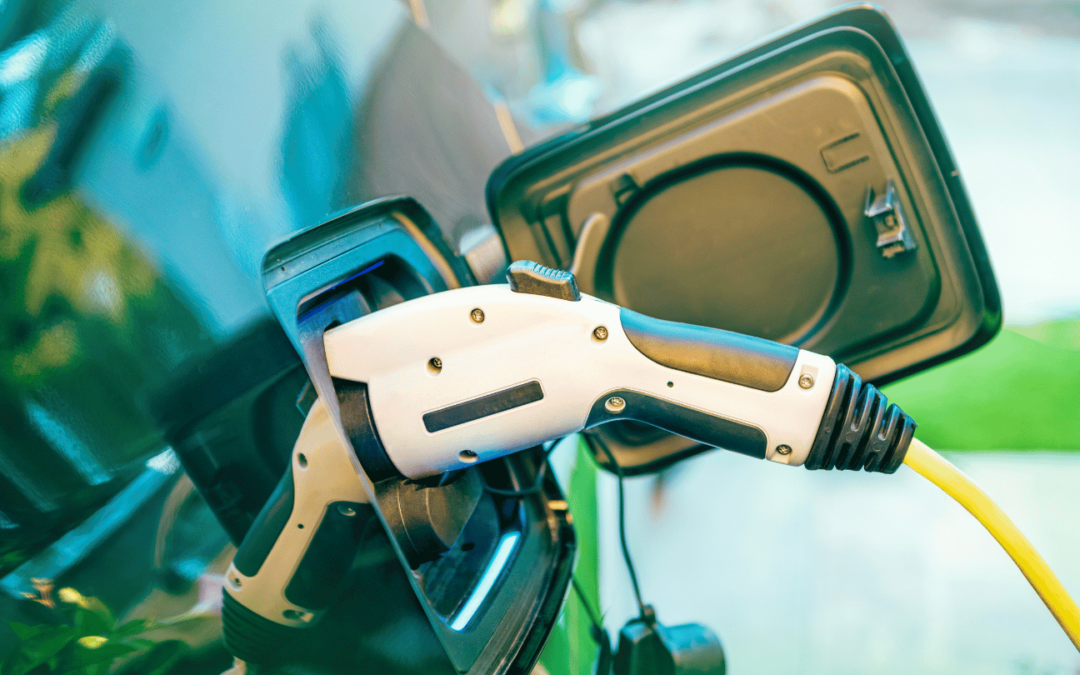Let’s talk about electric vehicle (EV) batteries, the powerhouse behind the electric transportation revolution. These batteries are essential for running electric cars, trucks, and buses efficiently and sustainably. So, what are EV batteries, how do they work, and why are they so crucial for the future? Let’s dive in!
What Are Electric Vehicle Batteries?
Electric vehicle batteries are rechargeable power sources that store energy used to run electric motors in EVs. Unlike traditional cars that rely on gasoline or diesel, EVs use electricity stored in these batteries. The most common type of EV battery is the lithium-ion battery, known for its high energy density, long lifespan, and efficiency.
Types of EV Batteries
- Lithium-Ion Batteries: These are the most popular, offering high energy density and efficiency. They’re lightweight and have a long cycle life, making them perfect for modern EVs.
- Nickel-Metal Hydride Batteries: Used in some hybrid vehicles, these batteries have a good lifespan and are more tolerant of overcharging but are heavier and less energy-dense than lithium-ion batteries.
- Solid-State Batteries: An emerging technology that promises higher energy density and safety by using solid electrolytes instead of liquid ones. These are still in development but hold great potential for the future.
How Do Electric Vehicle Batteries Work?
EV batteries store electrical energy in chemical form and release it as electrical energy when needed. Here’s a simple rundown:
- Charging: When you plug in an EV, electricity from the grid flows into the battery. In a lithium-ion battery, this involves moving lithium ions from the positive electrode (cathode) to the negative electrode (anode) through an electrolyte.
- Discharging: When the EV is in use, the process reverses. Lithium ions move back to the cathode, creating a flow of electrons that powers the electric motor and drives the vehicle.
Key Components of EV Batteries
- Cells: The basic units of the battery consist of an anode, cathode, and electrolyte.
- Modules: Groups of cells assembled together.
- Battery Pack: The complete assembly of modules with cooling systems, battery management systems (BMS), and protective casings.
What’s the Lifespan of an Electric Car Battery?
One of the most common questions is about the lifespan of an EV battery. Generally, an EV battery lasts between 8 to 15 years, depending on the make and model of the vehicle, usage patterns, and environmental conditions. Many manufacturers offer warranties of 8 years or 100,000 miles, but with proper care, these batteries can last even longer. Advances in technology are continuously improving battery longevity, making EVs an even more attractive option for the long haul.
Advantages of Electric Vehicle Batteries
- Zero Emissions: EVs, powered by batteries that produce no tailpipe emissions, are a beacon of hope for reducing pollution and improving air quality, paving the way for a greener future.
- Energy Efficiency: Electric motors, driven by the efficient conversion of battery energy into motion, are a testament to the practicality and reliability of EVs.
- Cost Savings: Electricity is generally cheaper than gasoline or diesel, and EVs have fewer moving parts, leading to significantly lower maintenance costs, a major advantage for potential EV buyers and technology enthusiasts.
- Renewable Energy Integration: EVs can be charged using renewable energy sources like solar or wind, further reducing their environmental impact.
Challenges and Future Developments
Current Challenges
- Range Anxiety: Concerns about the driving range of EVs and the availability of charging infrastructure.
- Battery Degradation: Over time, the capacity of batteries can diminish, reducing the range and efficiency of the EV.
- Recycling and Disposal: Proper disposal and recycling of used batteries are essential to prevent environmental harm.
Future Developments
- Improved Battery Technology: The future of EV batteries is promising, with advances in battery chemistry and design, such as solid-state batteries, offering higher energy densities, faster charging times, and longer lifespans, sparking excitement and intrigue about the evolving technology.
- Charging Infrastructure Expansion: Efforts are underway to expand charging networks, making it easier for EV owners to find charging stations.
- Second-Life Applications: Used EV batteries can be repurposed for energy storage in homes and businesses, extending their useful life and reducing waste.
Conclusion
Electric vehicle batteries are changing the way we think about transportation. They offer a cleaner, more efficient alternative to traditional fuels and play a crucial role in the shift to sustainable mobility. As technology advances and infrastructure improves, the future of electric vehicles looks brighter than ever.
Ready to integrate EV chargers into your business? REPOWER Orange can help you install the right EV charging solutions tailored to your needs. Visit our EV Chargers page to learn more and get started today!

Recent Comments